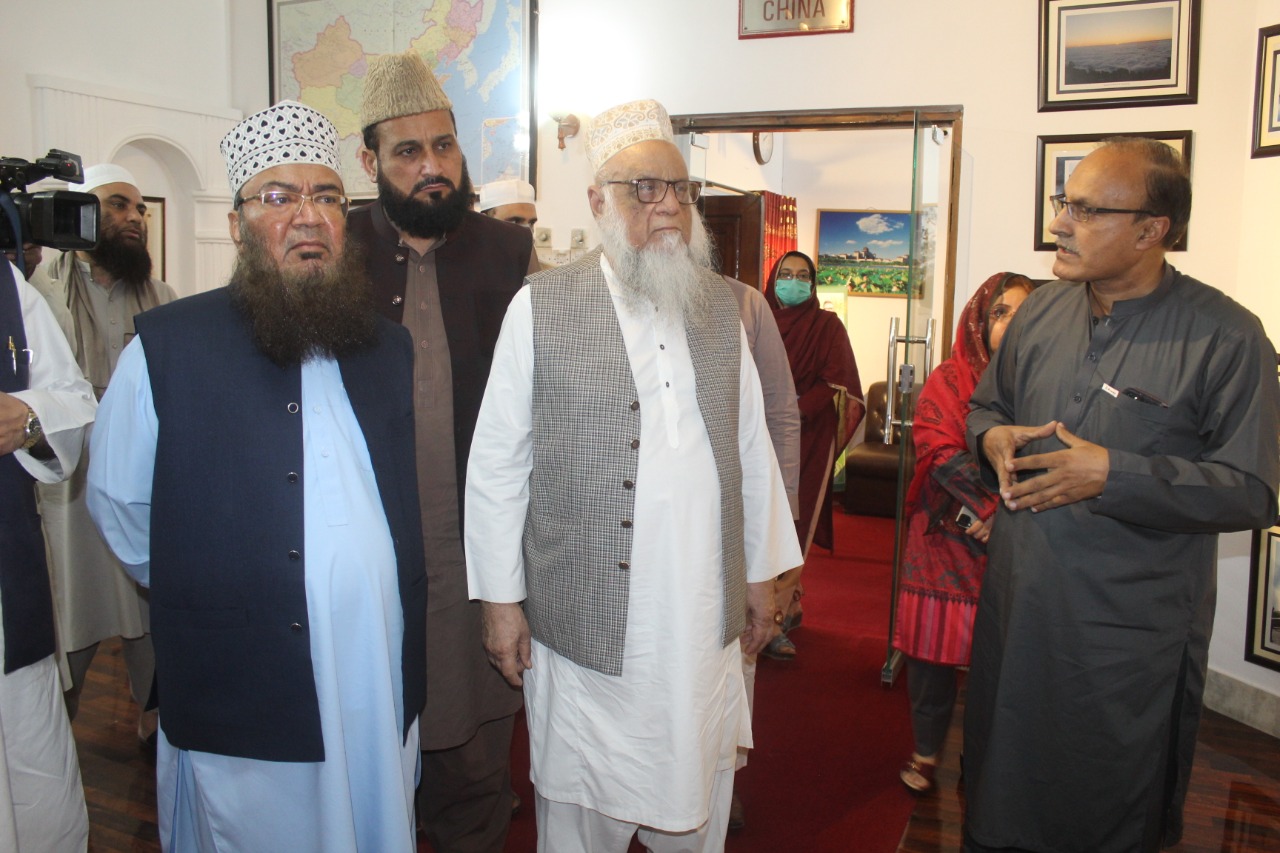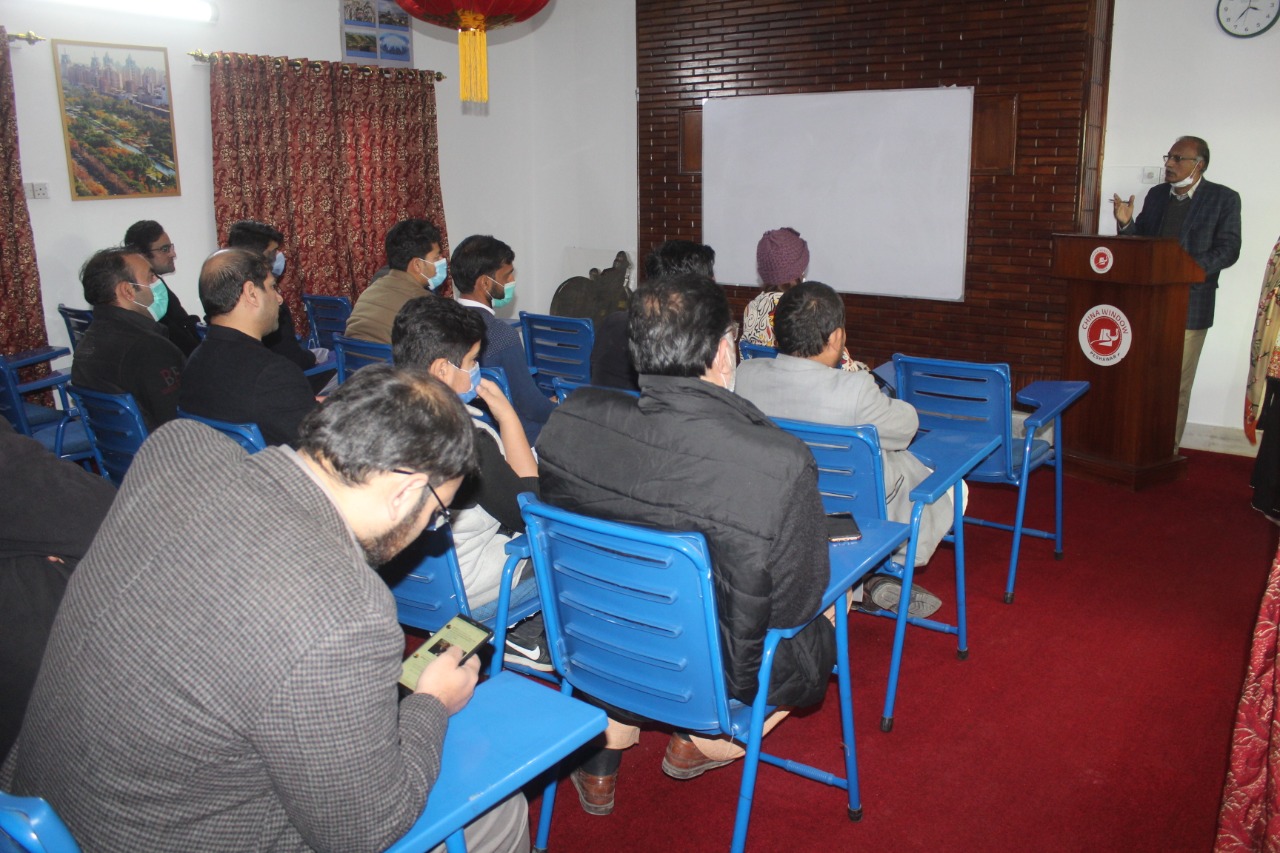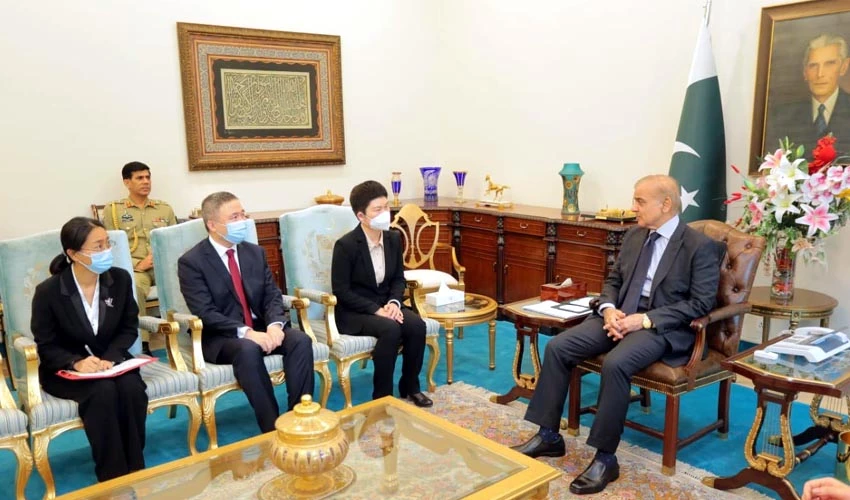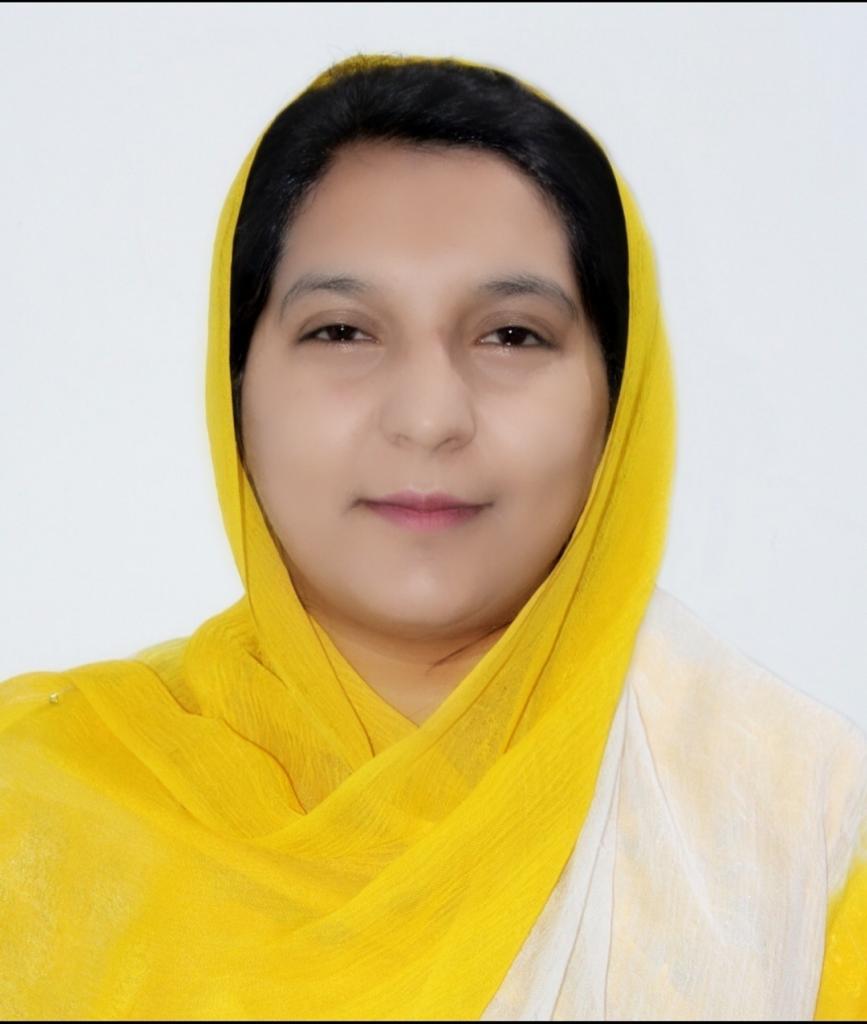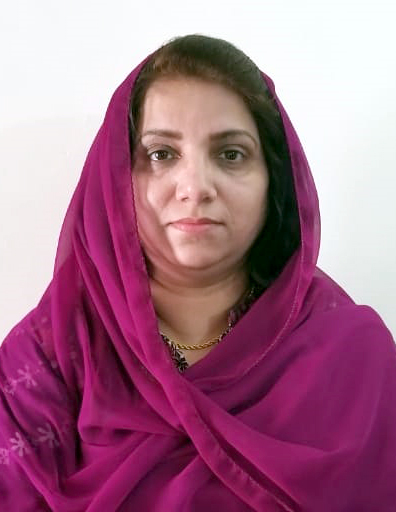PESHAWAR: Senior New York-based Pakistani journalist and analyst Jahangir Khattak has highlighted that the Biden administration’s recent sanctions on Pakistan’s missile program are not unprecedented. During its four-year tenure, now nearing its end, the Biden administration has targeted Pakistan’s missile program with sanctions on seven different occasions. Khattak shared these insights while speaking at a seminar organized by the Global Connect Forum (GCF) in Peshawar. The seminar, titled “Defense or Deterrence: Why Pakistan’s Missile Program is Crucial”, gathered prominent Pakistani journalists and experts on international affairs, including Syed Muhammad Ali, Dr. Khalid Khan, Prof. Dr. Gulzar Jalal, Raza Rehman Qazi, and Imtiaz Ahmed Ali, who shared their perspectives on the topic.
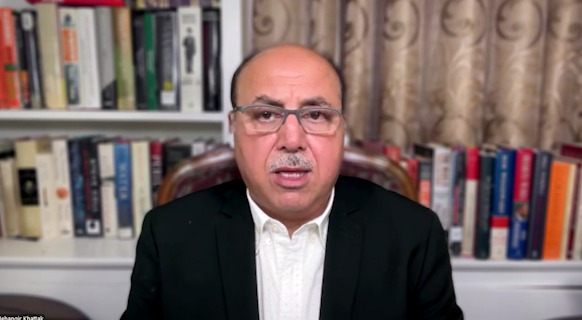
Jahangir Khattak stated that Pakistan had previously resisted external pressure on its nuclear program, going as far as conducting nuclear tests despite opposition from the United States. He asserted that Pakistan would similarly stand firm on its missile program, emphasizing that this program is developed with indigenous resources and aims to ensure peace in the region. He further underlined the importance of constructive and meaningful diplomatic engagement with the United States, though he opined that Pakistan had not been successful in this regard. Khattak also pointed out that the US sanctions could be linked to Pakistan’s close relations with China, especially as tensions between the US and China escalate. He argued that the US appears intent on putting Pakistan under political pressure to weaken its ties with China. He suggested that Pakistan must engage in dialogue with the US, particularly with the possibility of Donald Trump returning to power, to address the deteriorating regional balance. Moreover, he stressed the need for Pakistan to strengthen its economic and financial position to reduce dependence on international institutions.

Syed Muhammad Ali, another distinguished journalist and expert on international affairs, remarked that Pakistan’s nuclear program, which has been in place for over five decades, is crucial for ensuring national security and peace in the region. He argued that unilateral US sanctions would not affect Pakistan’s defense and strategic capabilities. Highlighting the longstanding nature of US diplomatic pressure and economic sanctions, Muhammad Ali referenced past threats and pressures faced by Pakistan, including Henry Kissinger’s warning to Zulfikar Ali Bhutto and pressure imposed on President Zia-ul-Haq, President Ghulam Ishaq Khan, Prime Ministers Benazir Bhutto and Nawaz Sharif. He noted that despite the confiscation of $658 million meant for F-16 fighter jets, Pakistan has consistently prioritized its defense program, demonstrating its commitment to national security. Muhammad Ali emphasized that Pakistan’s missile program is a direct response to regional threats, particularly Indian aggression, and not intended to target the US or any other country. He criticized recent statement by US deputy National security Advisor as irresponsible and incorrect. He said that Pakistan’s missile program is a source of pride, reflecting the achievements of its scientists.
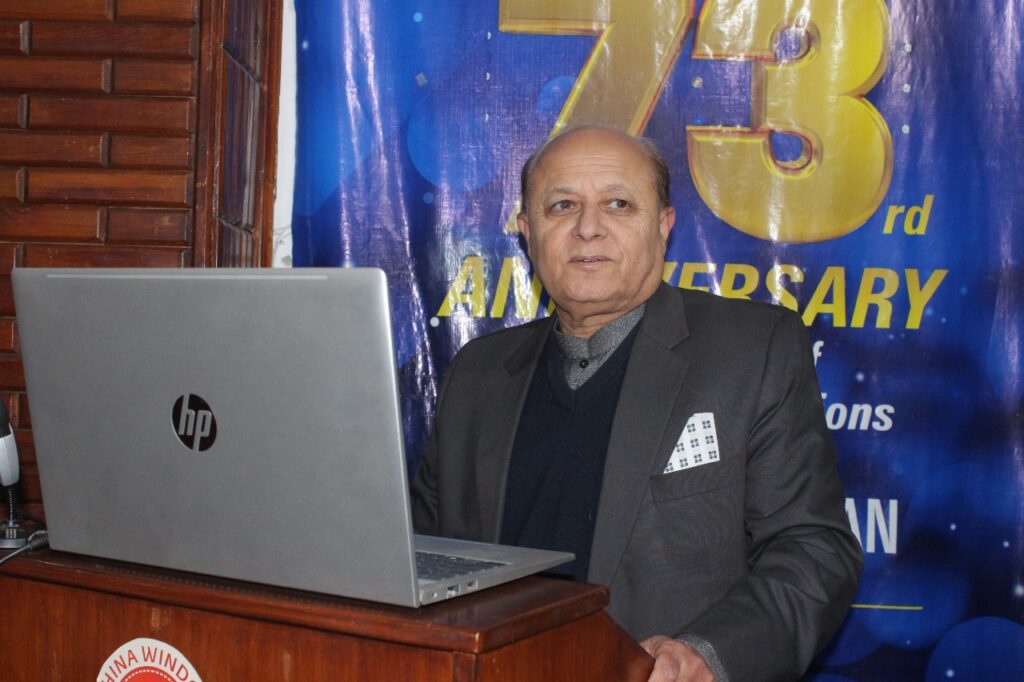
The seminar’s speakers unanimously agreed that Pakistan, as a free and sovereign nation, has the right to defend itself against external threats. They also highlighted the need for Pakistan to adopt robust diplomacy while navigating complex international dynamics and regional challenges.













